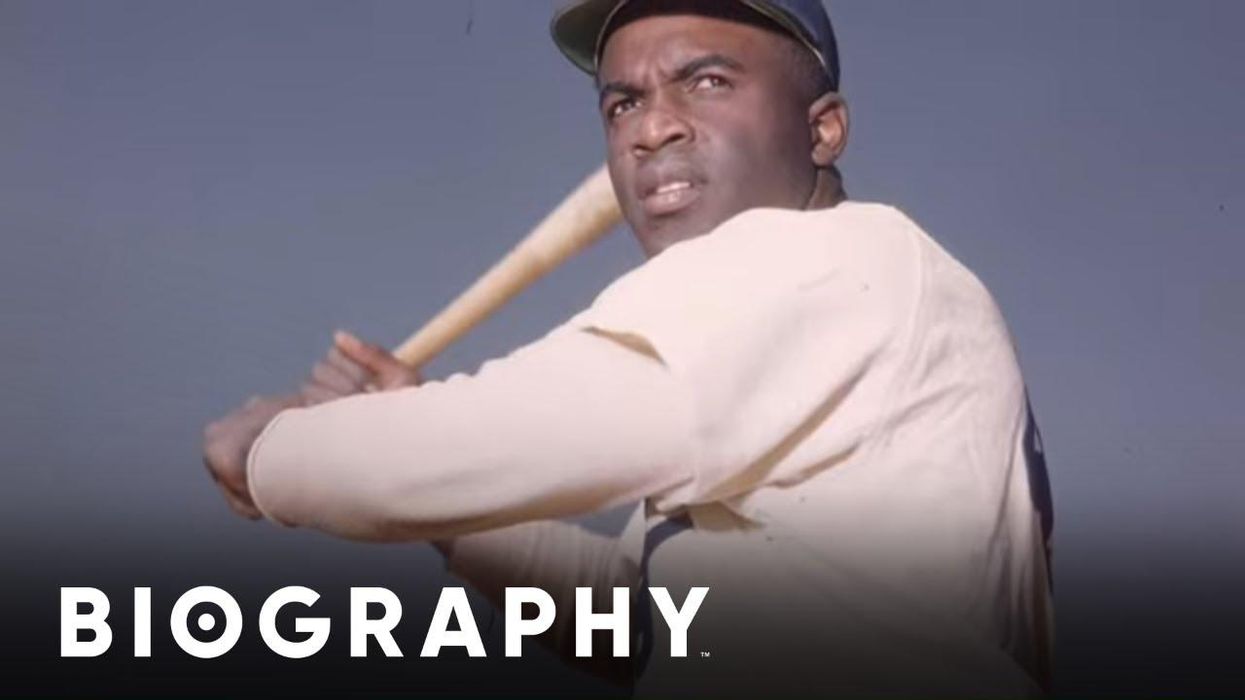The Fulcrum is committed to connecting pop culture to democracy. That includes music, theater, poetry and so much more.
As we think about the many aspects of American culture that are connected to democracy, we would be remiss if we did not include sports.
No one can deny the important role sports play in American society. But perhaps more important than the game itself are the values of justice, fair play and teamwork that emerge when sport is at its best.
Perhaps more than any other social institution in America, sport has contributed to racial and social integration.
One prime example is the role Jackie Robinson played in 1947 as he broke Major League Baseball's decades-old "color barrier" when he made his debut with the Brooklyn Dodgers.
It is almost unfathomable today to think that "America's pastime" excluded people of color from playing. There is no doubt that Robinson impacted more than just the game of baseball, as his outspoken activism in his later years helped set the stage for the burgeoning civil rights movement of the 1960s.
Robinson was a man of courage. As he was taunted and insulted with racial epitaphs he repeatedly stated that he was not concerned with whether people liked him or disliked him: "All I ask is that you respect me as a human being."
His endurance at being "first," is honored one day every baseball season, when all players wear his number, 42. It's a tribute to a man who experienced the flaws of our nation through bigotry and chose to serve his community throughout his life. He was a team player.
There are many examples of how athletes have impacted our society and our democracy in ways that model the character needed to endure, offer support and be a good human being. Things far more important than the winning or losing of a game.
As The Fulcrum embarks on this journey of connecting American sport to democracy we want to hear your stories, your examples of sport connecting to democracy — whether by advancing social justice, economic rights or gender equality; placing the team above the individual; or honoring one's opponents.
There are so many powerful forces beyond the field or the arena. Which is your favorite? Do you have other examples? Please send your ideas to pop-culture@fulcrum.us.



















Trump & Hegseth gave Mark Kelly a huge 2028 gift